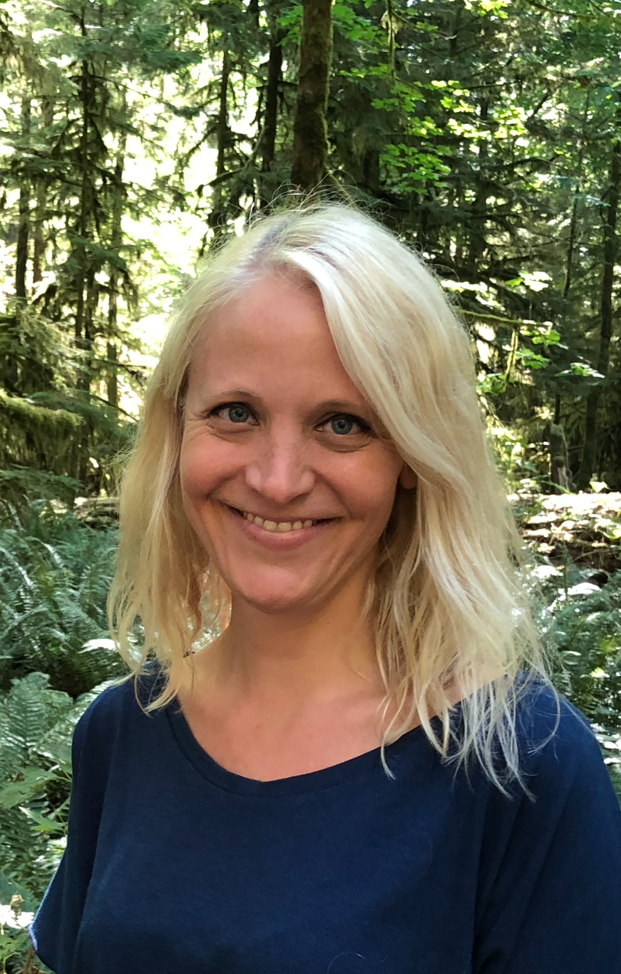Restorative Justice means a lot of things to Laurel Boytim, who graduated from Conrad Grebel’s Master of P

The MPACS program helped Laurel prepare for her career, explore her interests, and expand her knowledgebase. “The internship and electives allowed me to customize the degree to focus on my interests: trauma, Restorative Justice, Indigenous/settler relations,” Laurel said. “It really helped me take the core concepts—which are applicable to every situation—and apply them to my interests.” As a person whose current work involves a great deal of research and writing, she appreciates that the MPACS built on her creativity in these two areas—writing and directed readings—and took her skills to the next level. Many of the classes she took focused on conflict and are highly relevant to the work she does today, especially Circle. “I loved the Circle work that we did in Jennifer Ball’s class. I feel like the values and practices of Circle are really the same values I apply in my daily work in restorative justice.”
In January, Laurel started a new position teaching classes at Humber College in the Faculty of Social and Community Services. She continues to volunteer for the John Howard Society. Her volunteer work focuses on educating frontline police officers and implementing pre-charge diversion programs. “It involves training police officers to have a different mindsight around folks struggling with substance use,” Laurel explained. “These aren’t just people who are breaking the law; these are people that need to heal or need help or support in their healing. There is usually a lot of pain and trauma behind addictions.”
Laurel is determined and active in helping to communities heal and work more constructively through conflict. A key element of her peacebuilding practice is building relationships with community members and building capacity. For instance, she now works with PACS faculty Jennifer Ball to train community agencies in Circle meeting facilitation.
Being surrounded by Restorative Justice in her everyday work has deepened the way Laurel thinks of its principles and impacts. “I’ve learned that relationships are a very important part of RJ and my work,” she said. “There are the relationships to clients, in the community—especially with other community agencies—and with other changemakers. And most importantly, there’s the relationship that people have with themselves. Many people I work with struggle with their relationship to their self: self-awareness, self-compassion, self-care. Having those solid respectful relationships is really helpful for bringing about change in systems.”
“Restorative Justice,” Laurel added, “is a balance of supporting people to take responsibility for actions and helping them to heal and move forward in their lives.”